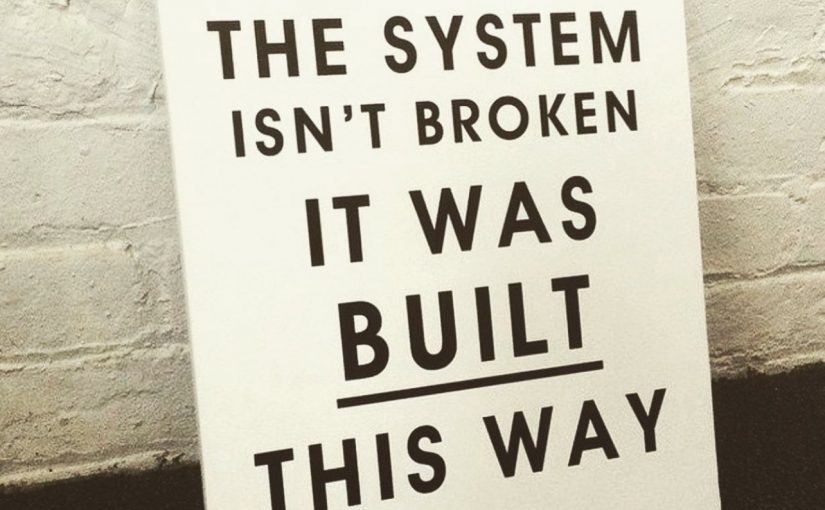- Post-modernism: Over the last four decades, post-modernism pushed subjectivity and the rejection of universal truths. While it aimed to deconstruct grand narratives and challenge power structures, it has led to a fragmented world-views where reality is ignored, and truth is relative. This has challenged the building of coherent social movements and addressing systemic issues effectively.
- Neo-liberalism emphasis on deregulation, privatization, and market-driven policies, has exacerbated income inequality, weakened labour rights, and commodified social services. It prioritized profit over people, leading to financial crises, environmental degradation, and the erosion of social safety nets. The relentless pursuit of economic growth come at the expense of social justice, environmental sustainability, and democratic values.
- Identity politics: While this played a role in raising awareness about marginalized groups’ struggles and experiences, it has also fostered divisions within leftist movements. The focus on individual identities leads to a fragmentation of collective action, as different groups prioritize their interests over broader solidarity. Identity politics has been co-opted by #mainstreaming institutions to tokenize diversity without addressing systemic inequalities.
- OMN project: To counter the negative impacts of post-modernism and neo-liberalism and identity politics, the OMN project prioritizes collective action and solidarity more than individuals. By acknowledging the interconnectedness of systemic oppression and capitalism, the project resists co-optation by the ruling class and promote deeper understandings of social justice issues. Critical discourse on identity politics within leftist movements will strengthen the commitment to #4opens values.
While post-modernism and neoliberalism contribute to societal challenges, the #OMN project navigates these issues by prioritizing collective action, resisting co-optation, and promoting discourse around identity politics and the path of systemic oppression.
